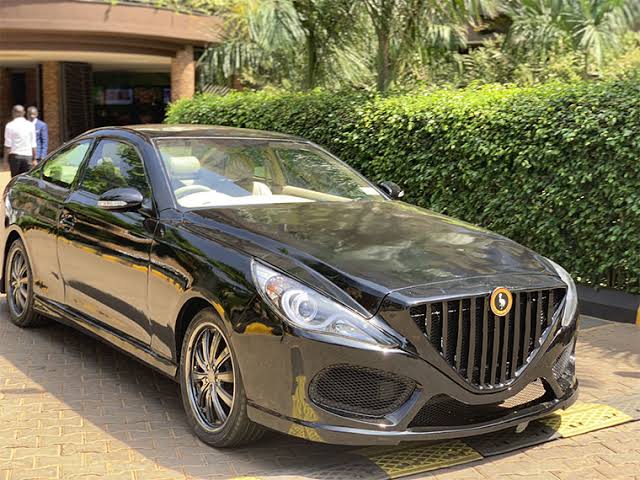The cost of a battery-powered motor vehicle will be equal to a similar type or size internal combustion vehicle within 4 years’ time, according to renowned automotive engineer, Edward Hightower.
Hightower, the Managing Director of US-based Motoring Ventures, an investment, growth, strategy, and operations advisory firm says unfortunately Africa has been slow at developing her own automotive industry.
This has therefore kept prices high, not only for the battery-powered vehicles but also those that use petroleum engines, but he says this will have to change by 2025.
Africa remains a very small market and a marginal producer of cars, compared to the size of its population, but with a lot of potential.
In 2019, there were just about 1 million new cars sold in Africa, accounting for just 1.2% of the global total, yet the continent’s population is close to 14% of the world population, just about the same as China’s.
It is estimated that Africa has an adult population of around 800 million, according to the UN and that by 2050, this number is projected to increase to almost 1.7 billion.
Hightower says it is unfortunate that of the 11 million electric cars sold worldwide last year, none was manufactured in Africa. And he insists that manufacturing vehicles in an African country is a more viable venture than assembling foreign-made ones.
Some four African countries are assembling vehicles made from abroad, but this has many issues especially related with transporting the parts from the manufacturing country.
Hightower says for example that it takes more than a month to move parts from other continents to an African country, and this involves risks to damages, the high logistical cost, and risk to changes in the foreign exchange rate, which can affect profitability.
He therefore hails Kiira’s plan to have more of the parts of their vehicles being made locally, for it to make sense.
But the industry will have to focus on not only the electric engine and what it can and cannot do, but also other developments especially the integration of the internet in the development.
Hightower says customers are demanding more from manufactures especially regarding access to different services via their phone and other gadgets, and that Kiira should have this in mind.
There are around 35 million cars on the road in Africa, according to automobile market research firm, LMC Automotive, and that the market is growing.
And with more cities/municipalities demanding for an end to the sale of petrol and diesel engine vehicles, there will be a spillover of this trend to Africa, hence a faster growth of the market.
On the future of the internal combustion engine vehicles and Uganda’s nacscent oil industry, Hightower says it will take a while for the world to completely get rid of the old cars. And in any case, petroleum has very many uses beside the production of fuel for running vehicles. URN










